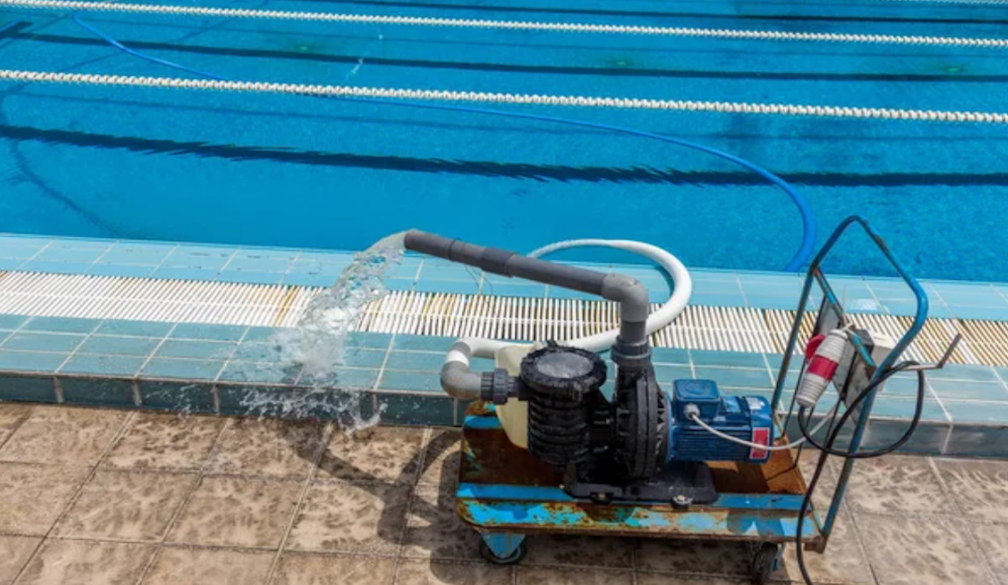The politicisation of English language proficiency, not poor English itself, creates barriers
- Written by Ingrid Piller, Professor of Applied Linguistics, Macquarie University
The Australian government is considering yet another English language test for migrants. The rationale for the proposal is the prospect “Australia will be home to one million people who do not speak English well or at all by 2021”, as Human Services Minister Alan Tudge claimed.
In particular, he suggests today’s migrants are less likely to know English than their counterparts in previous generations. His concern is this development suggests a looming crisis of social fragmentation into “parallel communities”.
While Australian Bureau of Statistics (ABS) data show today’s migrants are less likely to know English, by the third generation they are typically monolingual in English.
What does the ABS know about English proficiency?
The ABS Population and Housing Census form asks people who speak a language other than English at home to state how well they speak English. Respondents can choose from four options: “very well”, “well”, “not well” or “not at all”. This form of determining English language proficiency is called self-assessment and is highly subjective. Bragging Bill may over-estimate his English proficiency while Humble Helen may under-estimate hers.
Read more: FactCheck Q&A: what are the real numbers on refugees and other migrants coming to Australia?
For reporting purposes, these four options are further condensed into two categories: “very well or well” and “not well or not at all”. This means when the government states the number of people “without English capability” has gone up, they’re referring to census respondents who self-rate their English as “not well or not at all”.
That number has been going up steadily from 2006 to 2016.
Does this mean fewer migrants are learning English?
These are absolute numbers and they’re going up because Australia is admitting more and more migrants. As overall migrant numbers increase, the proportion of the population who don’t have much English is also bound to increase.
To determine whether today’s migrants are less likely to speak English, we need to examine the proportion of those who self-rate as poor English speakers. Their proportion has remained more or less constant generation to generation. In fact, it has declined slightly from 2006 to 2016.
Patterns of language shift in migrant communities
In other words, the vast majority of migrants in Australia who speak a language other than English are bilingual and speak English “very well or well”. Their bilingualism follows a well-established pattern of language shift in migrant communities. To understand that pattern, we need to compare the linguistic repertoires of different generations.
The first generation of migrants from non-English-speaking backgrounds are dominant in their home language. In addition, most learn to speak English (very) well but, depending on age of arrival, prior education and a range of other factors, not all succeed.
The second generation is still bilingual but the relationship between the two languages has shifted. Child migrants and the Australia-born children of migrants are dominant in English and their proficiency in the language other than English varies from minimal to highly proficient.
By the next generation, the language other than English has faded away. The third generation is typically monolingual in English.
This broad pattern holds across communities, not only in Australia but also other immigrant-receiving societies. The details differ, of course, and some migrants may already shift to English monolingualism in the first generation and others may make a special effort to maintain high-level bilingualism into the third generation and beyond.
Does this lead to parallel communities?
As long as the pattern described above holds, where the use of a language other than English combines with high levels of English proficiency, bilingualism is an asset – for the individual as well as the wider community. Because bilingual individuals function in two worlds they connect rather than isolate communities.
There would be cause for concern if adults of the second generation did not speak English or did not speak it well. But, so far, we are not seeing that in Australia at all. The second generation is most likely English-dominant and children with a migrant background academically outperform those without.
Read more: Why some migrant school students do better than their local peers (they're not 'just smarter')
It’s not language we should be concerned about, but equality of opportunity. Where there’s no equality of opportunity, English language proficiency isn’t sufficient to overcome the barriers faced by disadvantaged and marginalised groups.
 Human Services Minister Alan Tudge suggested the increase in number of migrants who speak no or little English will lead to social fragmentation.
Alex Murray/AAP
Human Services Minister Alan Tudge suggested the increase in number of migrants who speak no or little English will lead to social fragmentation.
Alex Murray/AAP
In societies characterised by stark social inequalities in the form of limited career opportunities, segregated housing or racist exclusion, the danger of parallel communities developing is real – regardless of the language spoken by the affected communities.
This means the increasingly frequent political panics about migrant English language proficiency do significant harm to our social fabric. By painting Australia’s multilingual communities into a corner, they create distrust, suspicion and alienation. Rather than building bridges between linguistically diverse communities, the politicisation of language proficiency erects barriers.
Authors: Ingrid Piller, Professor of Applied Linguistics, Macquarie University



















